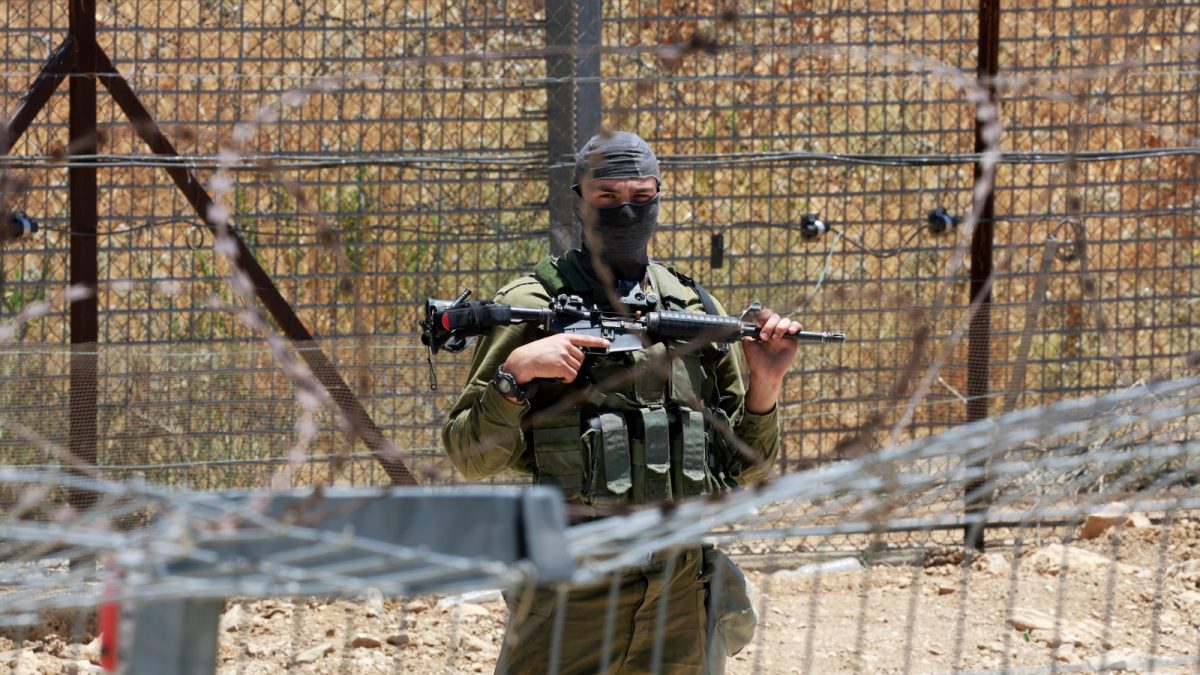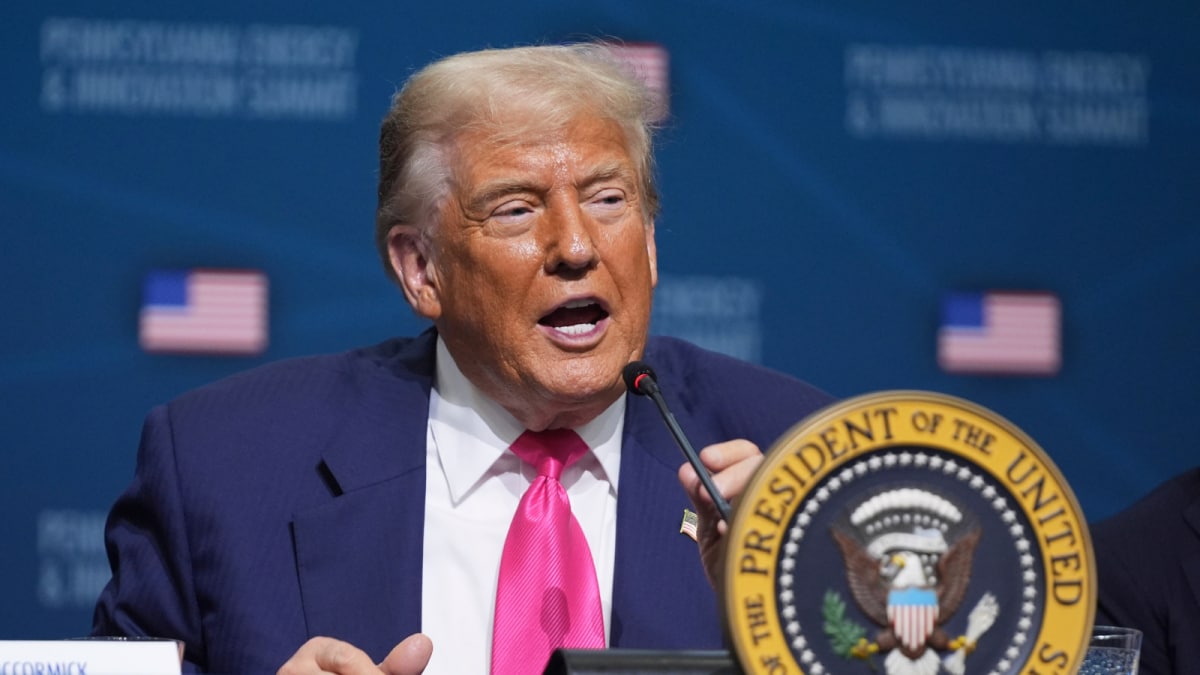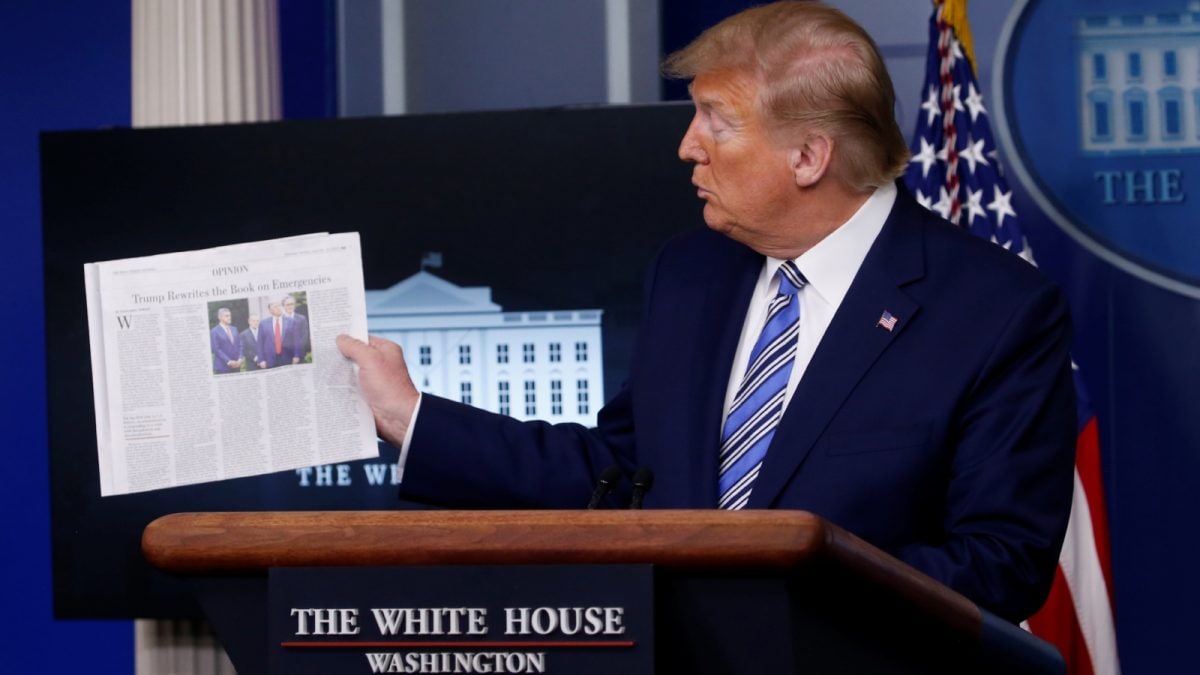Last Updated:May 29, 2025, 07:00 IST
Interim chief Yunus under siege as Islamist mobs target minorities, BNP demands his ouster and army signals disaffection over delayed polls.

With Hasina gone, Yunus struggles to contain unrest as Army Chief Wakar-Uz-Zaman warns against missteps amid rising violence and BNP pressure. (IMAGE: REUTERS/AFP)
When students ousted Bangladesh Prime Minister Sheikh Hasina in August 2024, forcing her to flee for New Delhi, the so-called student-led movement ushered in Nobel Peace Prize winner Muhammad Yunus as interim government adviser to steer the country towards elections, which critics argue were not freely or fairly held under Hasina’s regime.
However, Yunus has struggled to contain the jihadist takeover of the student-led movement against the quota system in government jobs. The interim administration failed to stop attacks by Islamists on Bengali Hindus, Christians, adivasis, and hill tribes. Last week, Yunus even threatened to resign after the Bangladesh ist Party (BNP), Awami League’s arch-rival, demanded his removal over delays in elections.
The ‘banker to the poor’ has also failed to stop attacks on Awami League members and oversaw the banning of the outfit, paving the way for the Khaleda Zia-led BNP to return to power. The BNP is close to Pakistan, a nation that once ruled Bangladesh with an iron fist and committed ethnic cleansing during the 1971 liberation.
Yunus convened meetings with key political factions, including the Islamist party Jamaat-e-Islami – which also has ties to Pakistan. Jamaat-e-Islami proposed two potential timelines for national elections: mid-February 2026 if necessary reforms are completed, or immediately after Ramadan if delays persist . The party also emphasized the importance of maintaining the army’s reputation, cautioning against any actions that might politicize the military.
This week, the Bangladesh Army had to ‘dispel’ rumours that there were rifts between the Yunus government and the armed forces. Brigadier General Nazim-Ud-Doul said the army is working “harmoniously and in mutual understanding" and assured that there is “no room for misinterpretation".
The military is pressuring the caretaker administration to hold elections by the end of 2025. Army Chief General Wakar-Uz-Zaman has been vocal about the need for timely elections.
However, a lack of clarity from the interim leadership on when polls might be held has fueled unease within the army ranks. Adding to the strain is a contentious proposal to create a corridor from Cox’s Bazar to Myanmar’s Rakhine state, aimed at facilitating aid and movement for Rohingya refugees, an idea that has drawn sharp concern over national security.
Bangladesh Army officials strongly denied any intent to seize political power. “We have no intention, no interest, and no information to suggest anything of that sort," said Col Md Shafiqul Islam, colonel staff of the Ministry of Defence. He called the proposed corridor a ‘sensitive’ issue and made it clear the military would not back any plan that threatens Bangladesh’s security.
But How Did Bangladesh Get Here?
The ousting of Sheikh Hasina marked a significant turning point in Bangladesh’s political landscape. The wave of protests and counter-protests in Bangladesh turned deadly, with at least 366 people reported killed since the unrest began, according to official tallies. Mobs ransacked offices of the ruling Awami League across several districts, targeting party leaders and supporters. Several Awami League members were lynched, and at least a dozen police officers lost their lives while trying to control the violence. Protesters also set fire to police stations and government buildings, triggering brutal crackdowns.
During the peak of the unrest, angry mobs ransacked the Bangabandhu Memorial Museum, a site dedicated to the legacy of Sheikh Mujibur Rahman, Bangladesh’s founding father. Statues of Sheikh Mujib were defaced and several relics from the 1971 Liberation War were damaged or destroyed.
The military intervened at the time and helped establish an interim government, but the transition period has been marred by widespread violence, particularly targeting minority communities. Reports indicate that from August 4 to August 20, over 2,000 incidents of violence against minorities, including attacks on 69 temples, occurred across the country.
The Hindu community, which constitutes 8% of Bangladesh’s population, has been disproportionately affected. In the wake of Hasina’s resignation, numerous Hindu homes, businesses and places of worship were vandalized or destroyed. The Bangladesh Hindu Buddhist Christian Unity Council reported that more than 157 families had their homes and businesses attacked, looted or set on fire during this period.
The recent surge in violence against minorities is not an isolated phenomenon but part of a broader pattern of religious intolerance and extremism in Bangladesh. Between 2013 and 2016, the country witnessed a series of brutal attacks by Islamist extremists targeting secular bloggers, academics, and religious minorities.
In 2015, atheist blogger Avijit Roy was hacked to death in Dhaka and several other secular writers, human rights and LGBTQ activists faced similar fates. These attacks were often carried out by groups affiliated with Al-Qaeda and the Islamic State, who have close ties with Jamaat-e-Islami and its student wing, Islamic Chhatra Shibir.
First Published:News world No Peace For Nobel Peace Winner: Army, BNP Tighten Screws On Yunus As Bangladesh Boils

 1 month ago
1 month ago


















